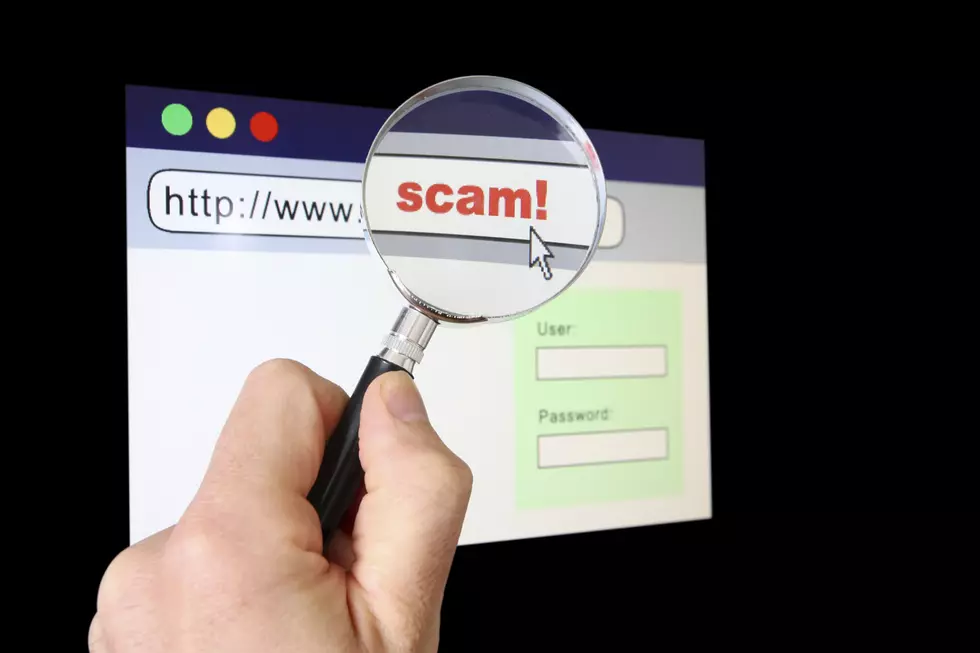
Rome Police Warning Shoppers About Amazon Phishing Scam
The Rome Police Department is warning consumers about an Amazon scam circulating online.
More than ever, we're shopping online. Of course, when you share your information online, you make yourself vulnerable to online scams - but a little common sense goes a long way.

The Rome Police Department issued a warning to shoppers about an email scam circulating. The email claims that the receivers Amazon account has been compromised, and they must click a link to "verify" their account and unlock it.
The RPD says this is a scam - you should not clink on any link or provide information.
This kind of scam is called "phishing". The FBI reports people lost $57 million to phishing scams last year.
Phishing emails and text messages may look like they’re from a company you know or trust. They may look like they’re from a bank, a credit card company, a social networking site, an online payment website or app, or an online store.
Phishing emails and text messages often tell a story to trick you into clicking on a link or opening an attachment. For example, that your account is frozen or that they've noticed suspicious activity - they'll nearly always try to get you click on a link within the email.
But there are ways to tell that an email is fake.
- Be on the lookout for poor grammar and spelling.
- The email has a generic greeting, “Hi Dear.” If you have an account with the business, it probably wouldn’t use a generic greeting like this.
- The email invites you to click on a link to update your payment details.
If you get an email like this, don't click on any links. Instead, go to the website by typing it in your browser (in this case, Amazon) and verify whether the information is accurate.
You can also report these types of messages to the FTC:
- If you got a phishing email, forward it to the Anti-Phishing Working Group at reportphishing@apwg.org. If you got a phishing text message, forward it to SPAM (7726).
- Report the phishing attack to the FTC at ftc.gov/complaint.
See the 25 weirdest scams ever
More From 96.9 WOUR









